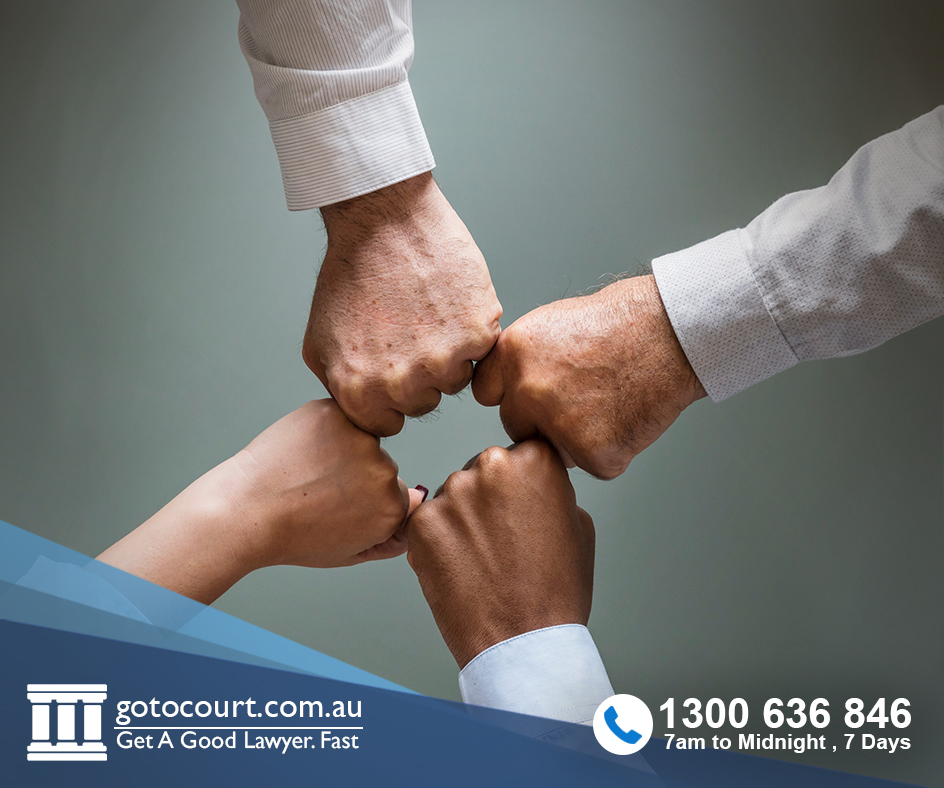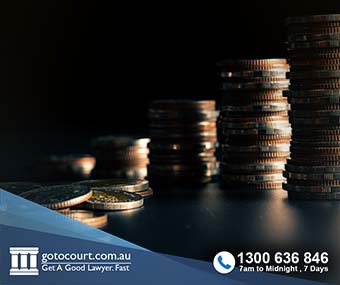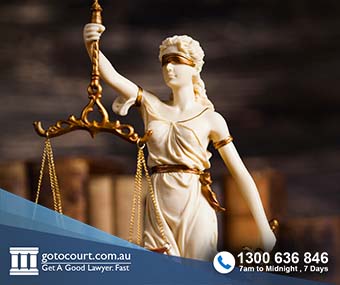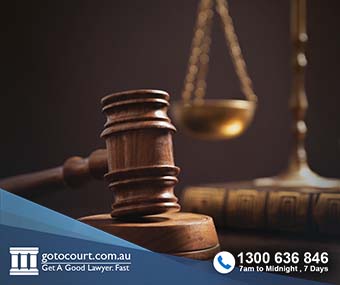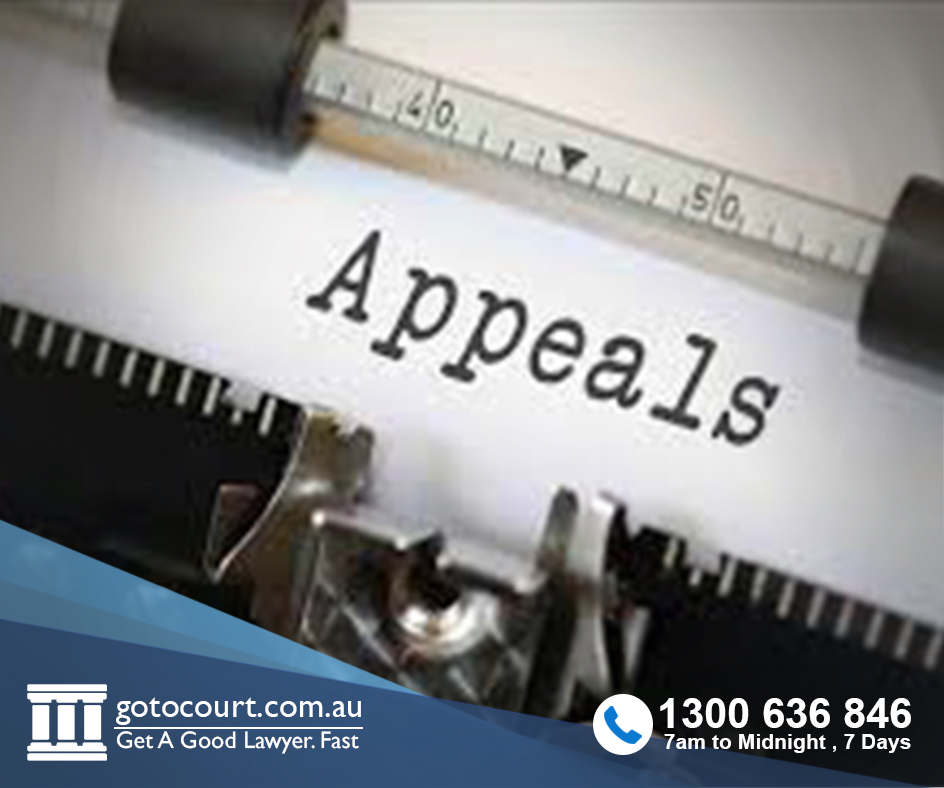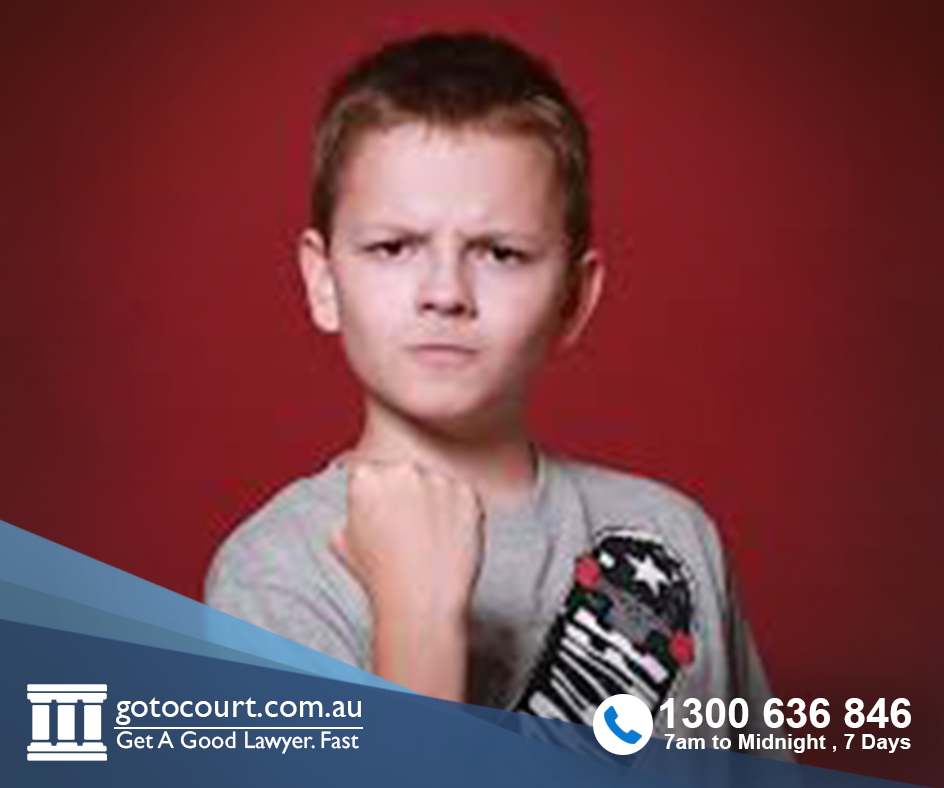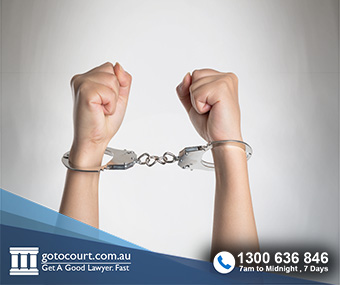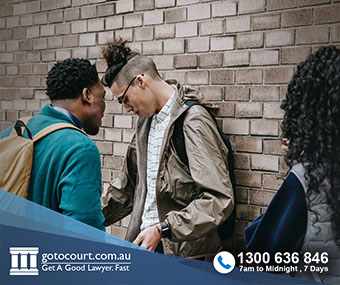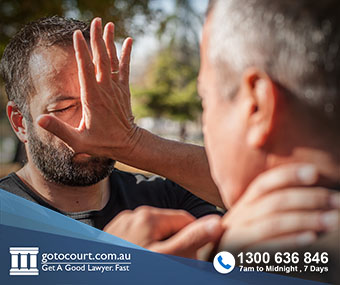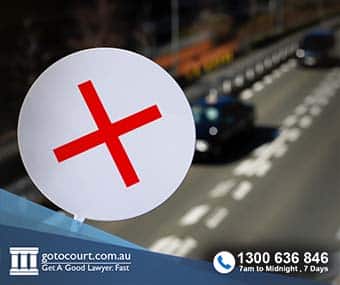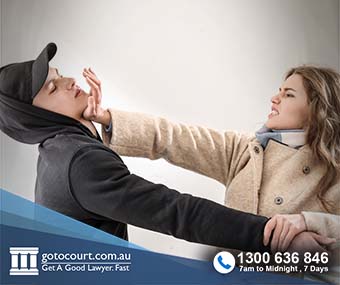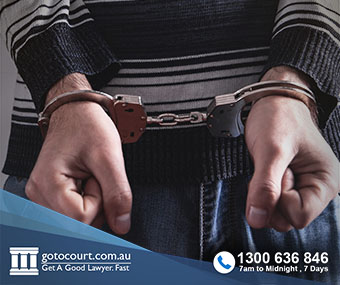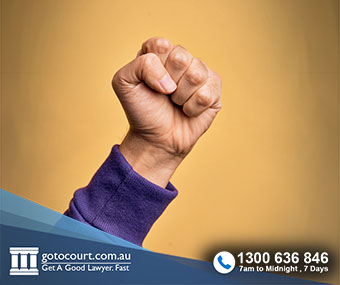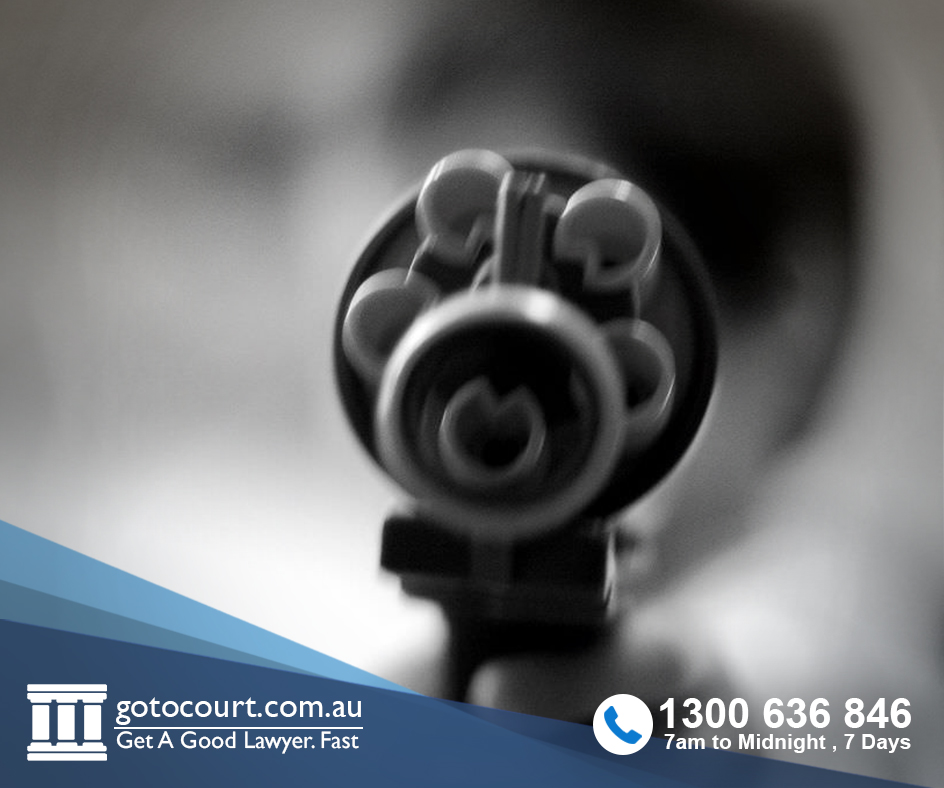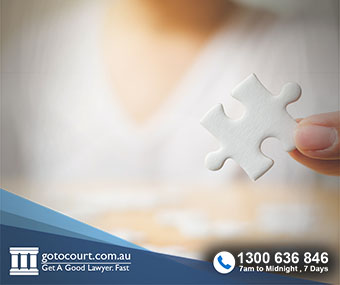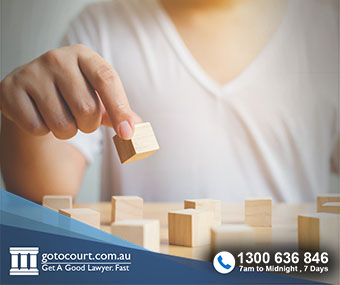The Defence of Insanity (Qld)
The Defence of Insanity (Qld)
A person has a full legal defence to any criminal charge if at the time of the alleged offence they were suffering from a mental disease or impairment that prevented them from understanding or controlling their actions. In Queensland, this defence is set out in section 27 of the Criminal Code. This page deals with the defence of insanity in Queensland.
Legislation
Under section 27 of the Criminal Code 1899, a person is not criminally responsible for an act or omission if at the time they were affected by a mental disease or mental infirmity that meant that they:
- Could not control their actions;
- Coud not understand what they were doing; or
- Could not understand that they ought not to do the act or make the omission.
Mental Health Court
Where a person is facing a serious charge on indictment and is relying on the defence on insanity, their matter will be decided by the Mental Health Court. The Mental Health Court consists of a Supreme Court judge and two clinicians.
If a person is facing charges in the Magistrates Court or Children’s Court and raised insanity, their matter will remain before a magistrate.
Burden
If the defence relies on the defence of insanity, it is up to the accused to satisfy the court that they were not of sound mind at the time of the alleged offence. This must be proven on the balance of probabilities.
What is a mental disease or infirmity?
A mental disease is a disease that affects the functions of the mind like the ability to reason or remember. This may be a mental illness, brain damage, intellectual disability or a temporary disordering of the mind such as concussion.
If the accused establishes that they were suffering from a disease of the mind at the time of the alleged offence, they must then establish that the disease of the mind meant that they were unable to control or understand their actions or to recognise that what they were doing would be considered wrong by ordinary people.
Expert evidence
Expert evidence may be adduced by the defence or prosecution when a defence of insanity is being pursued. Expert witnesses may give evidence as to whether the accused was insane at the time of the alleged offence.
However, the court must decide whether the defence of insanity succeeds based on all the evidence before it and based on all the circumstances surrounding the alleged offence. This means that the opinion of the expert witnesses will not necessarily be determinative. The jury is not obliged to accept the evidence given by the expert.
Qualified acquittal
If a person is found not guilty of an offence on the basis of insanity, this is a qualified acquittal. The person will then be dealt with under the Mental Health Act 2016.
Under the Mental Health Act, a person who has been found not guilty because of insanity may be made subject to a Forensic Order or a Treatment Support Order.
A Forensic Order will be made if the court considers it necessary to protect the community from the risk of serious harm. A person on a Forensic Order may be subjected to involuntary treatment and care and may be detained in an authorised mental health service or in the Forensic Disability Service. The order will be subject to regular review by the Mental Health Court.
A Treatment Support Order is made to protect the community in a situation where a Forensic Order is not necessary. A person on a Treatment Support Order is generally living in the community, unless there is some reason that they need to be an inpatient.
If you require legal advice or representation in any legal matter, please contact Go To Court Lawyers.

Affordable Lawyers
Our Go To Court Lawyers will assist you in all areas of law. We specialise in providing legal advice urgently – at the time when you need it most. If you need a lawyer right now, today, we can help you – no matter where you are in Australia.How It Works




1. You speak directly to a lawyer
When you call the Go To Court Legal Hotline, you will be connected directly to a lawyer, every time.

2. Get your legal situation assessed
We determine the best way forward in your legal matter, free of charge. If you want to go ahead and book a face-to-face appointment, we will connect you with a specialist in your local area.

3. We arrange everything as needed
If you want to go ahead and book a fact-to-face appointment, we will connect you with a specialist in your local area no matter where you are and even at very short notice.


